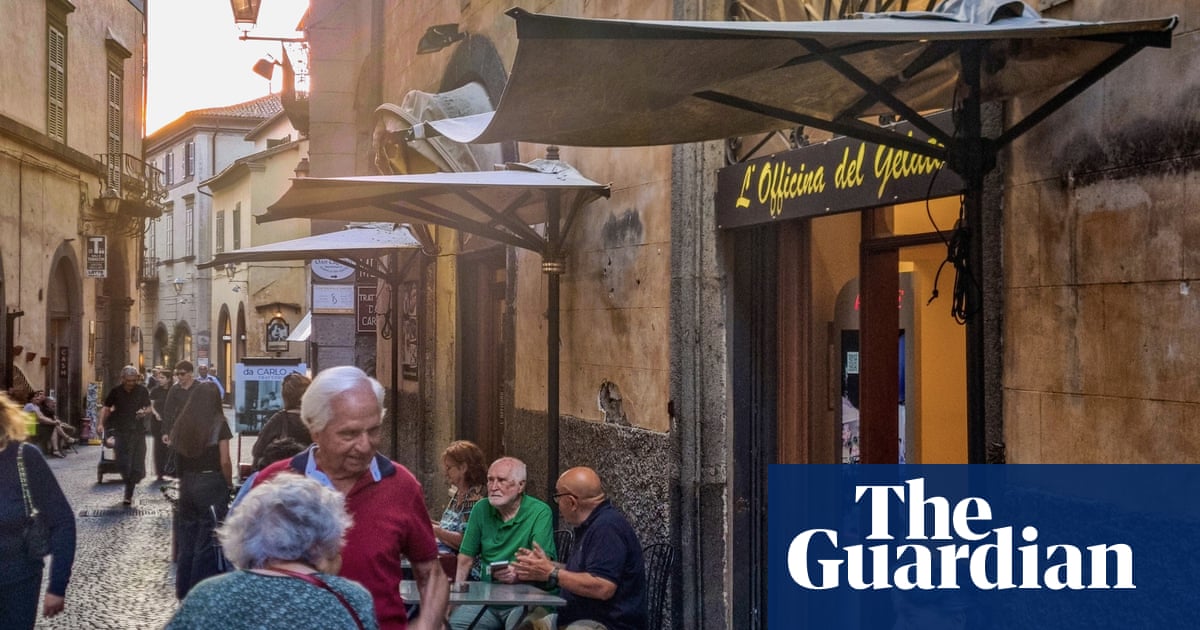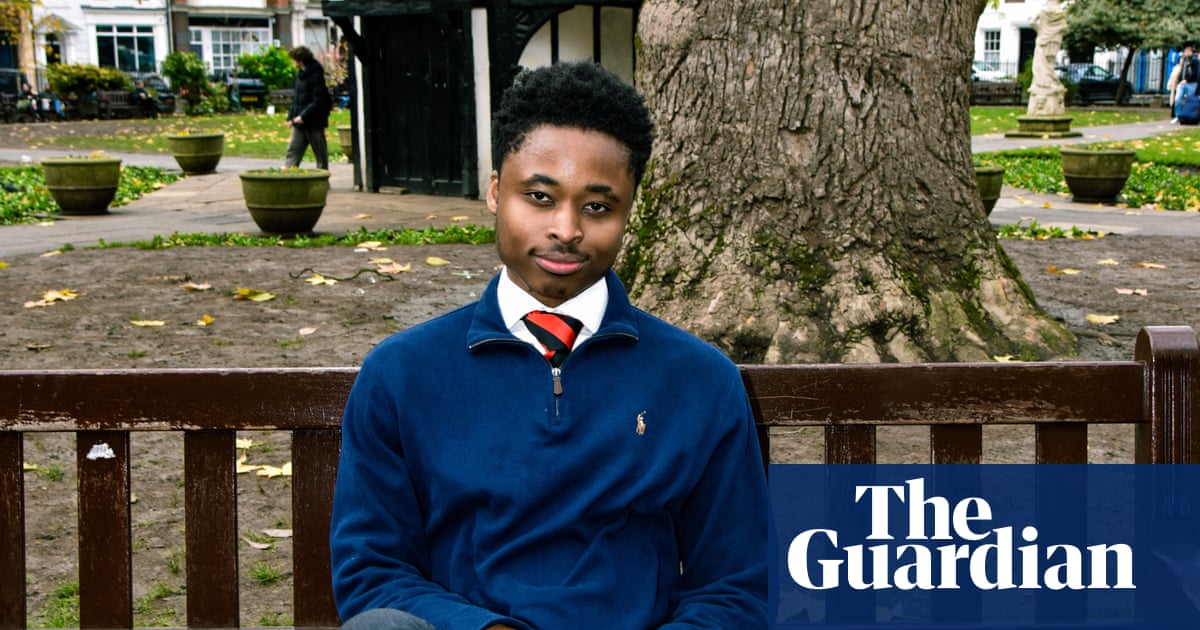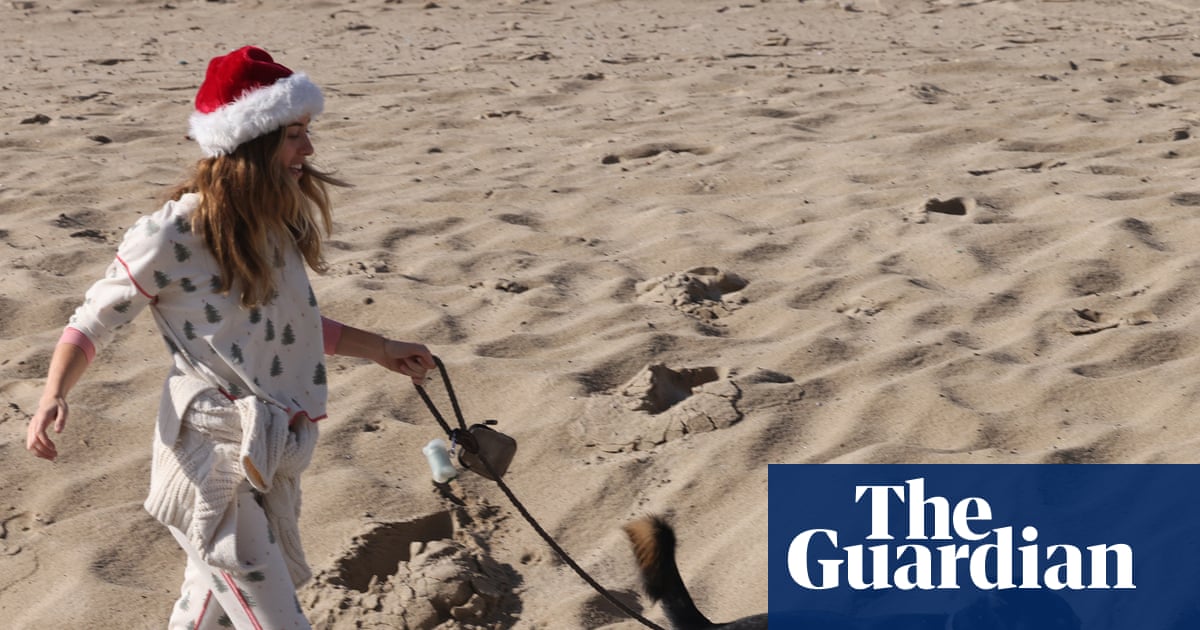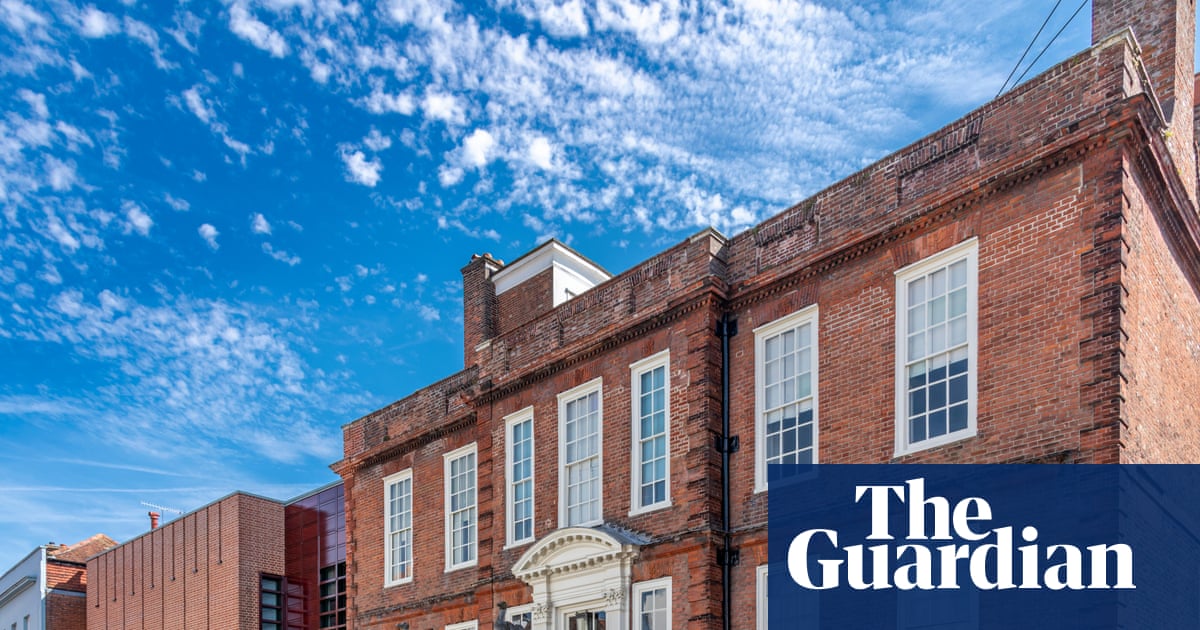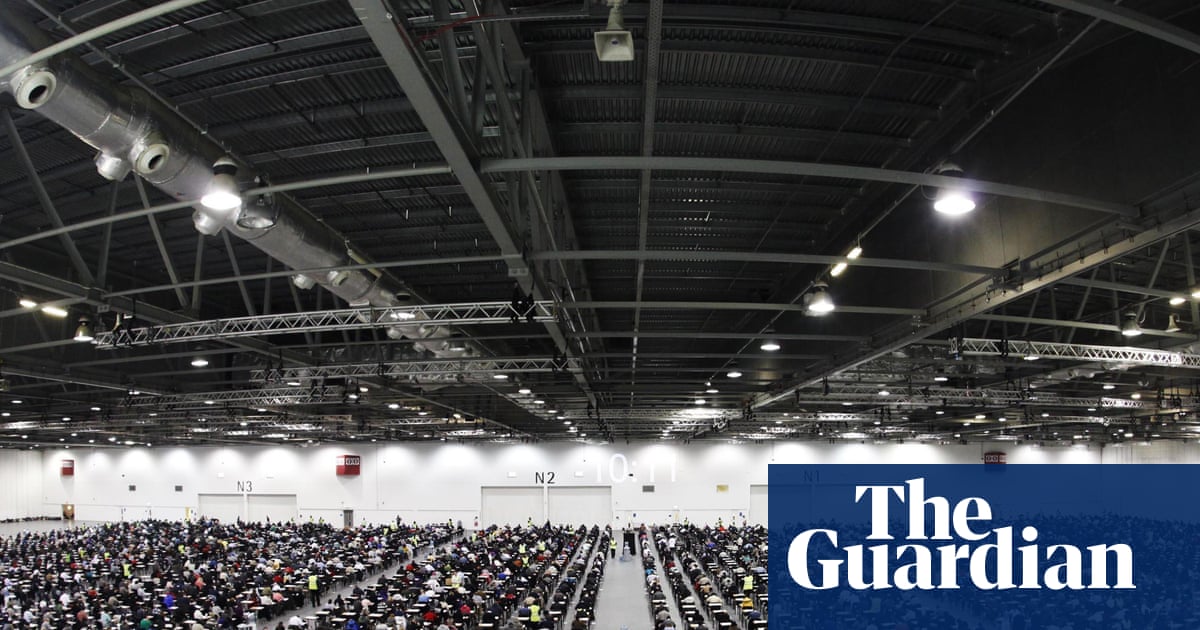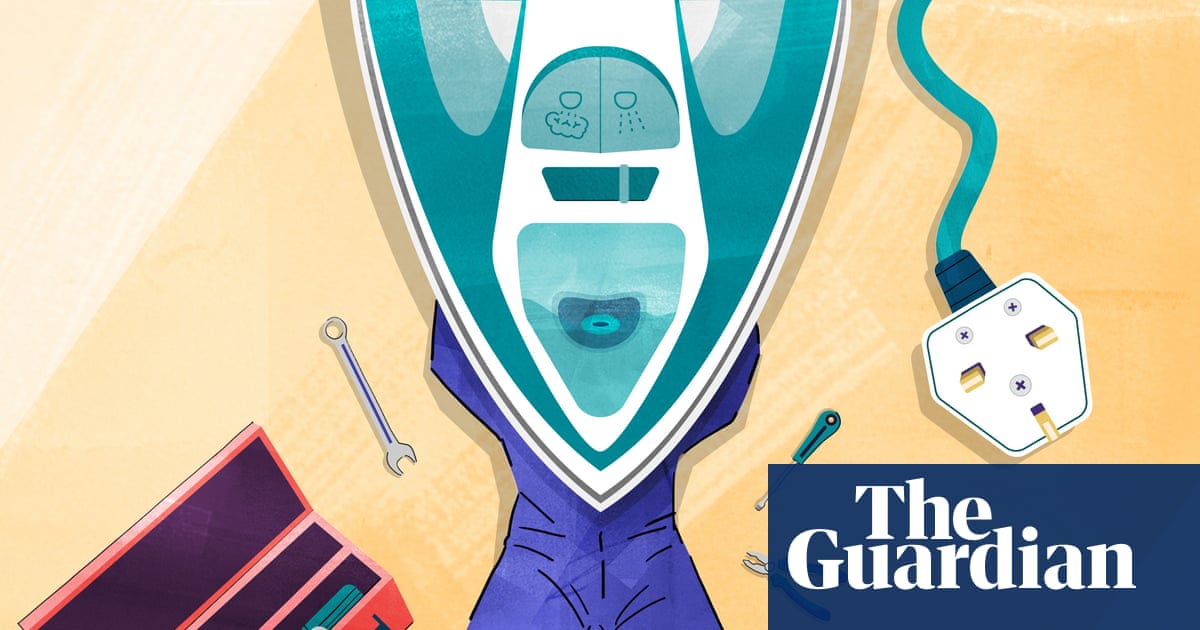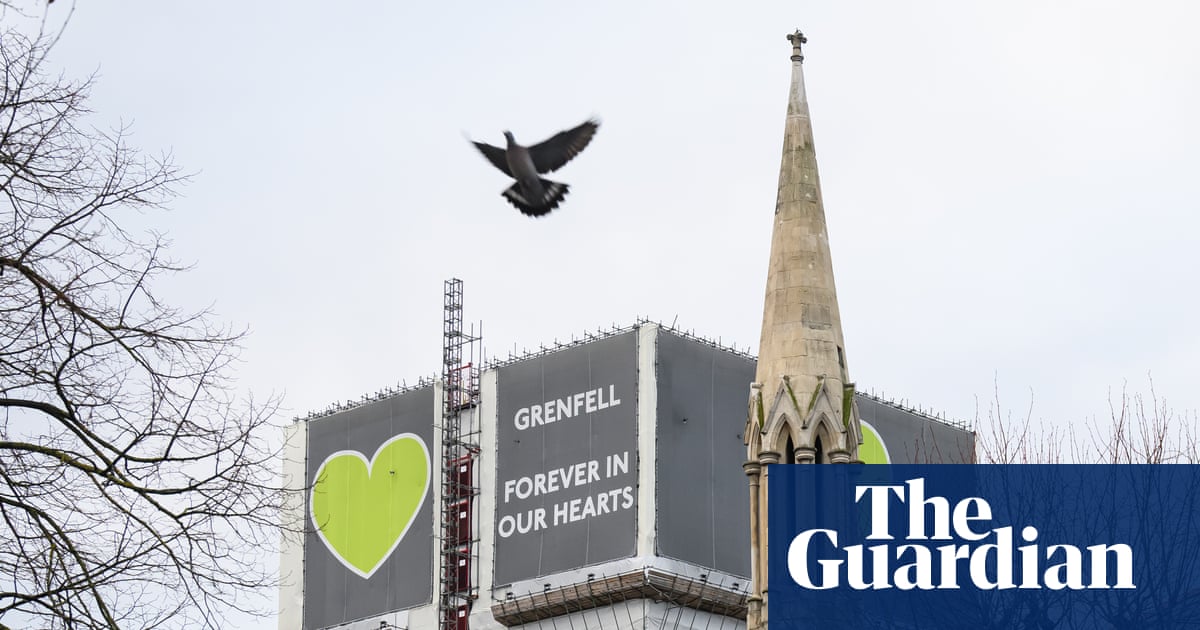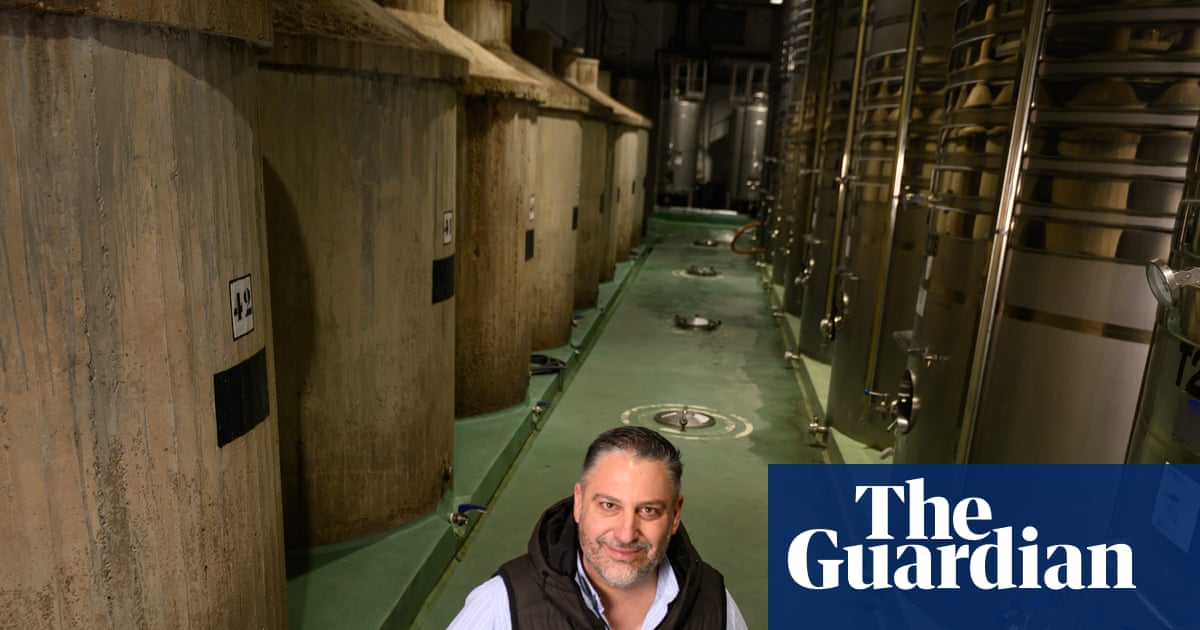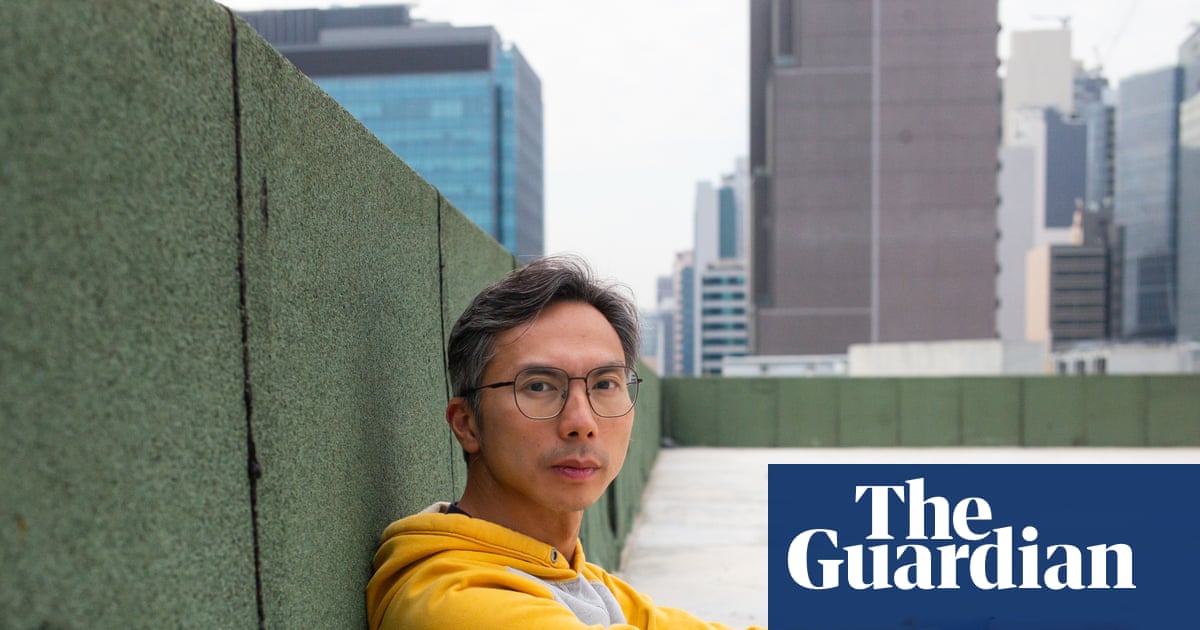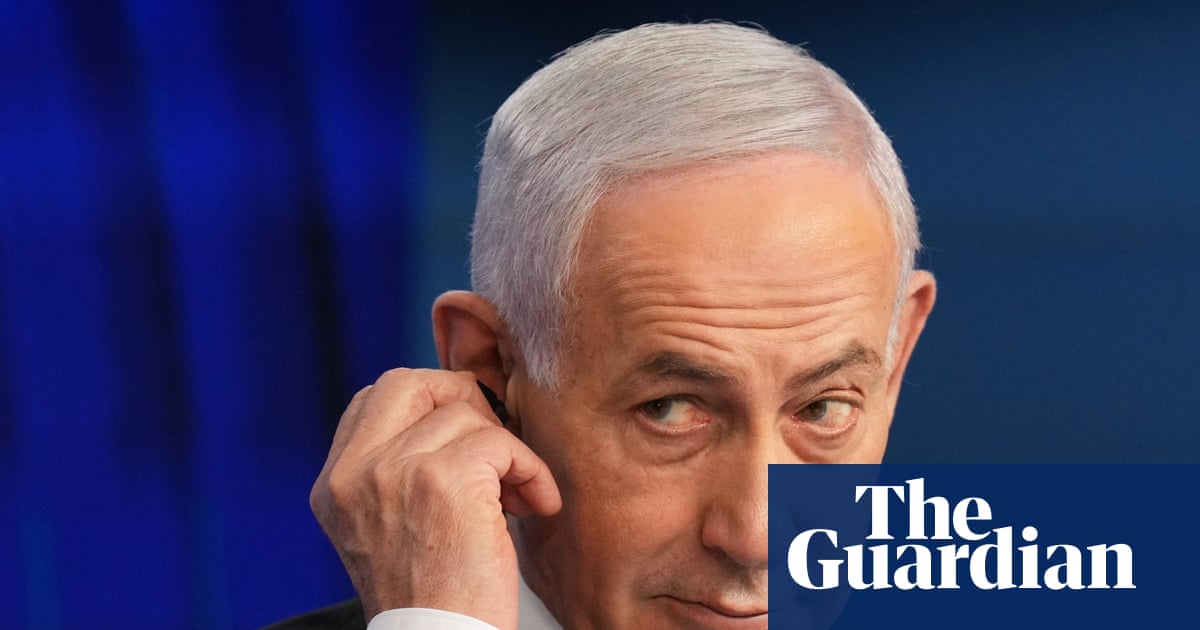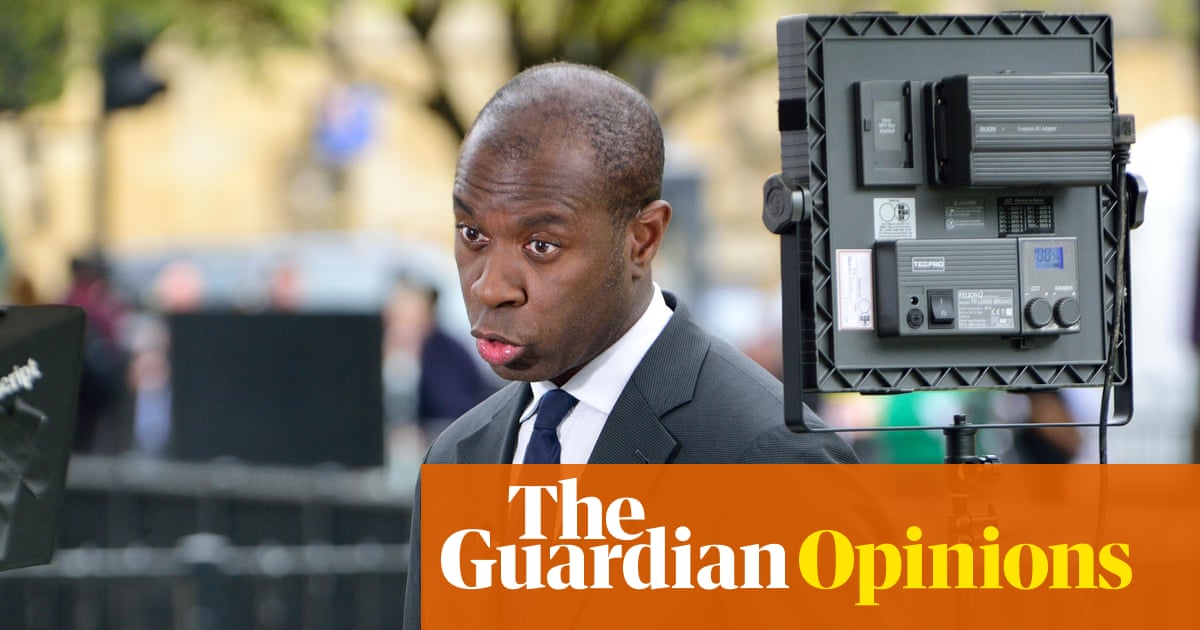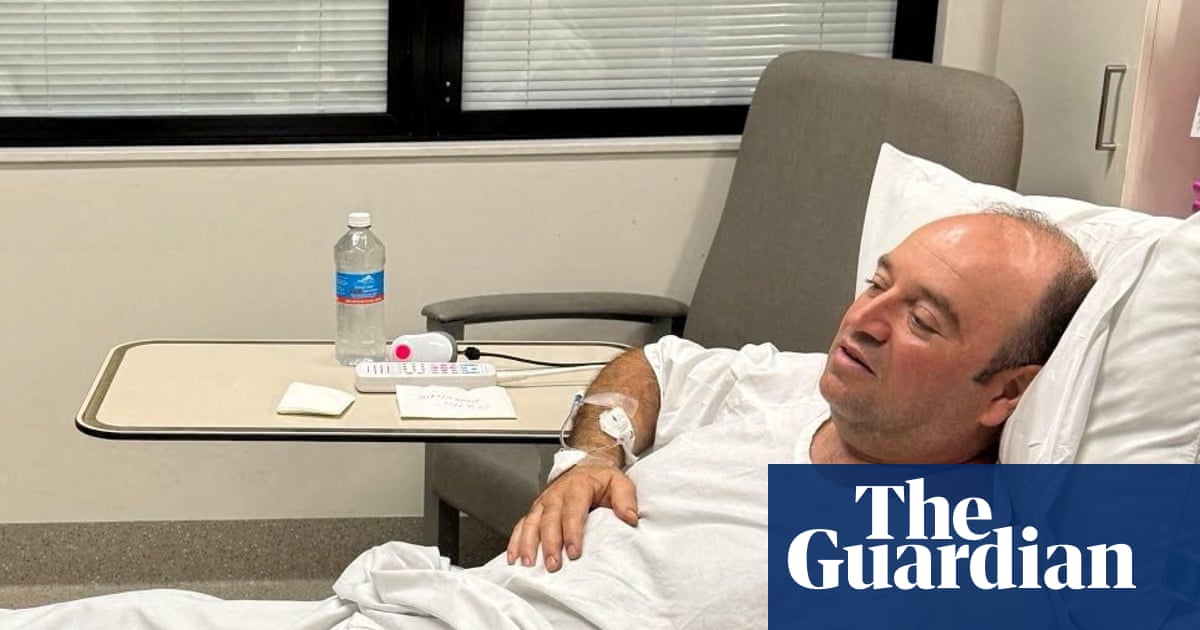Five years ago, the land now home to KK Park – a vast, heavily guarded complex stretching for 210 hectares (520 acres) along the churning Moei River that forms Myanmar’s border with Thailand – was little more than empty fields.
Set against rugged mountains south of the town of Myawaddy, KK Park, with its on-site hospital, restaurants, bank and neat lines of villas with manicured lawns, looks more like the campus of a Silicon Valley tech company than what is really is: the frontline of a multibillion-dollar criminal fraud industry fuelled by human trafficking and brutal violence.

Myanmar, Cambodia and Laos have in recent years become havens for transnational crime syndicates running scam centres such as KK Park, which use enslaved workers to run complex online fraud and scamming schemes that generate huge profits.
There have been some attempts to crack down on the centres and rescue the workers, who can be subjected to torture and trapped inside. But drone images and new research shared exclusively with the Guardian reveal that the number of such centres operating along the Thai-Myanmar border has more than doubled since Myanmar’s military seized power in 2021, with construction continuing to this day.
Data from the Australian Strategic Policy Institute (Aspi), a defence thinktank in Canberra, shows that the number of Myanmar scam centres on the Thai border has increased from 11 to 27, and they have expanded in size by an average of 5.5 hectares a month.
Drone images and photographs of KK Park and other Myanmar scam centres, Tai Chang and Shwe Kokko, taken by the Guardian in August show new features and active building work.

At the Tai Chang complex, additional structures have emerged over the past year, including a floating dock that was built in recent months to allow supplies to be brought in more easily from Thailand. The Guardian’s drone footage also shows white squares visible on the roofs of both Tai Chang and KK Park, which are likely to be satellite internet receivers. These are to allow them to stay online after Thailand cut off cross-border supplies of electricity, internet and gas to areas hosting scam centres earlier this year in an attempt to disable them and halt the criminal gangs.
Thai authorities have previously stated that Starlink, Elon Musk’s satellite internet service, is being used by scam compounds, and have intercepted smuggled terminals they believe to be heading across the border.
Drone and satellite imagery seen by the Guardian of other scam centres inside Myanmar show strong fortifications and security systems. The Dongmei Park compound is surrounded by fencing and guarded by a checkpoint and perimeter watchtowers, according to analysis by Aspi.
The sites also feature a range of facilities for senior staff and visitors. In some compounds, luxury housing is reserved for “management teams” running the workers, or used as a setting for video calls with their intended victims, to convince them they are speaking to someone extremely wealthy, whose investment advice they should follow.
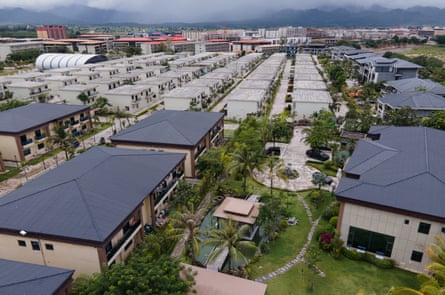
Grim accounts of the treatment of trafficked workers trapped inside the centres have gained increased global attention in recent months, with those who have managed to escape recounting the extreme violence, torture and punishments they endured at the hands of the scam centre bosses.
About 7,000 people were freed from the compounds earlier this year, through a complex rescue effort that involved neighbouring Thailand, China and other countries whose citizens were trapped, as well as the Myanmar military and armed groups that control border areas.
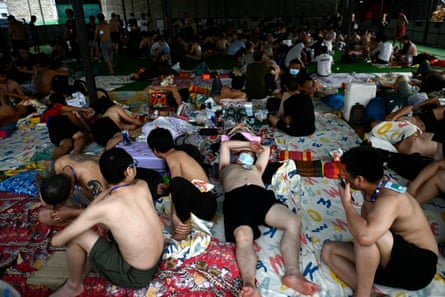
But experts say this is just a drop in the ocean. Thai police estimated earlier this year that as many as 100,000 people were held inside Myanmar scam centres along the countries’ shared border.
after newsletter promotion
The Civil Society Network for Victim Assistance in Human Trafficking is aware of at least 90 trafficking victims currently trapped in compounds, including nationals of at least 11 countries across Asia and Africa. According to the group, some victims have lost body parts and have been blinded or permanently disabled as a result of violent abuse by crime bosses.
Mateo*, from the Philippines, spent six months trapped inside KK Park. He had travelled from his home to Thailand last year, believing he had secured a legitimate job as a customer service representative.
Instead he was trafficked across the border and his passport was taken away. Each day he was required to message hundreds of older American men on social media sites, building their trust until they shared their WhatsApp number. The contact would then be passed on to another scamming team.
If he failed to meet targets he would be punished with a stun gun or with gruelling physical penalties in the searing heat outside. Leaving the compound was not an option. “There are many armed guards,” he says.
Myanmar’s military junta has allowed the spread of scam centres inside the country as these criminal enterprises have become an essential part of the country’s conflict economy since the coup, helping it rise to the top of the global list of countries harbouring organised crime.

According to Aspi’s analysis, Myanmar’s military, which has lost huge swathes of territory since the coup and is struggling to retain its grip on power, cannot take meaningful measures against the scam compounds without endangering its precarious relations with the crucial armed militias who are profiting from them.
Nathan Ruser, an analyst with Aspi’s cyber, technology and security programme, says: “In many ways, this industry is now an existential necessity for the embattled Burmese military.”

Internationally, governments mistakenly view scam centres as a relatively small human trafficking concern, says Amy Miller, south-east Asia director for Acts of Mercy International, a US evangelical organisation that works with victims of human trafficking.
“To me, that’s such ignorance, in not understanding the scale of this and where it will grow to,” she says, adding that there are already signs of similar schemes emerging in countries such as Sri Lanka and Nigeria.
Mateo was eventually rescued from KK Park, and is now recovering with other freed workers. He is still too traumatised to reflect any more on his experiences inside the scam centres but his friend, who was trapped along with him, says of the scam bosses: “For them, money is more important than human life. They don’t care if they tread on others – what matters to them is money.”
It feels, he says, “like all the evil in the world” exists inside those compounds.
* Names have been changed to protect identities

 3 months ago
56
3 months ago
56
